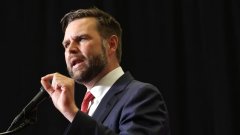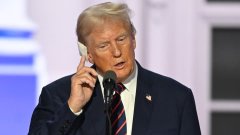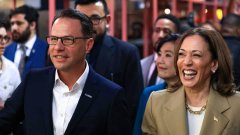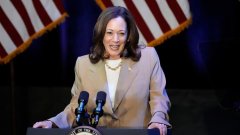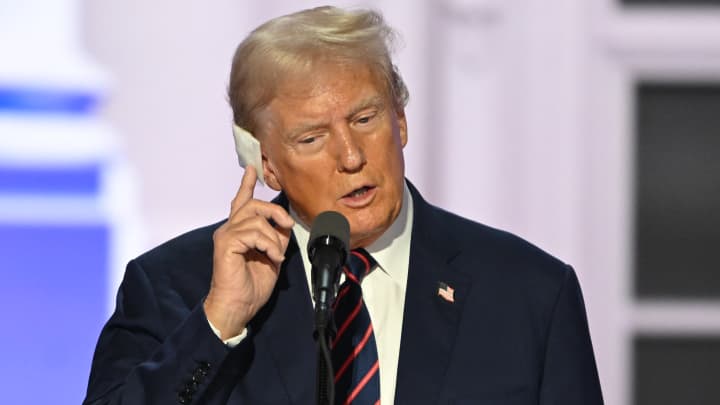
will sit with the FBI on Thursday for a victim interview about his at a , the former president said Monday.
"They are coming on Thursday to see me," Trump told Fox News host Laura Ingraham in an interview that aired Monday evening.
Hours earlier, in a call with reporters that Trump had agreed to participate in the interview, and that it would be "be consistent with any other victim interview that we do."
The official said the agency wants Trump's "perspective" on the July 13 incident, when a shooter with an AR-15-style rifle fired eight rounds while the was on stage at the rally near Butler, Pennsylvania.
The FBI said it was unable to offer any additional , despite conducting hundreds of interviews, sending data requests to dozens of companies and reviewing thousands of tips in the 16 days since the attack.
An agency official on Monday's call described the would-be assassin, 20-year-old Thomas Matthew Crooks, as a "loner" with few social interactions outside of his immediate family.
A Trump campaign spokesman did not immediately respond to CNBC's request for comment.
On Monday afternoon, House Speaker Mike Johnson, R-La., and Democratic Leader Hakeem Jeffries of New York announced the 13 members of a bipartisan panel tasked with investigating the assassination attempt.
The task force of seven Republicans and six Democrats will be led by Chairman Mike Kelly, R-Pa., and ranking member Jason Crow, D-Colo. The others are Reps. Mark Green, R-Tenn., David Joyce, R-Ohio, Laurel Lee, R-Fla., Michael Waltz, R-Fla., Clay Higgins, R-La., Pat Fallon, R-Texas, Lou Correa, D-Calif., Madeleine Dean, D-Pa., Chrissy Houlahan, D-Pa., Glenn Ivey, D-Md., and Jared Moskowitz, D-Fla.
Crooks, who was shot dead by the U.S. Secret Service seconds after he opened fire, killed rallygoer Corey Comperatore and injured two others.
Trump also sustained a minor injury to his right ear in the attack. Kevin Rojek, the special agent in charge of the FBI's Pittsburgh field office, said in the press call that Trump was "struck by a bullet, whether whole or fragmented into smaller pieces," fired by Crooks.
That assessment clarified recent congressional testimony from FBI Director Christopher Wray, who had signaled uncertainty about whether Trump was hit by a bullet or shrapnel. Wray's answer stoked anger from .
Rojek on Monday offered a slew of details about Crooks' social media habits and his planning for the attack, even as his motive remained opaque.
Crooks was "highly intelligent, attended college and maintained steady employment," Rojek said.
Analyses of Crooks' electronics, social media accounts and other sources suggest he made "significant efforts to conceal his activities."
But his search-engine history did reveal that Crooks had looked up information on mass-shooting events, explosives, power plants and other political assassination attempts.
Rojek said that at one point, Crooks searched, "How far away was Oswald from Kennedy."
The gun used in the attack was purchased legally in 2013 by Crooks' father, who transferred it to his son last year, the FBI official said.
Law enforcement recovered two explosive devices from the trunk of Crooks' car near the site of the Trump rally, and another from his bedroom.
On the afternoon of the rally, Crooks flew a drone near the event area for about 11 minutes.
Over an hour before the shooting, Crooks had been identified as suspicious by a law enforcement officer, who took a photo of him and sent it to other SWAT members and local personnel on scene.
As for how Crooks made it onto the roof of a building near the rally stage, Rojek said the FBI believes he climbed up HVAC equipment and a pipe that were on the outside of the structure, then crossed multiple rooftops.
Around 6:11 p.m. ET, Crooks fired eight shots before being killed.

